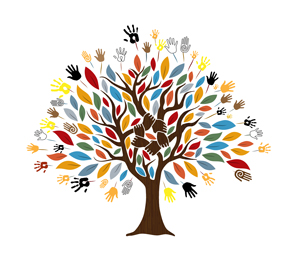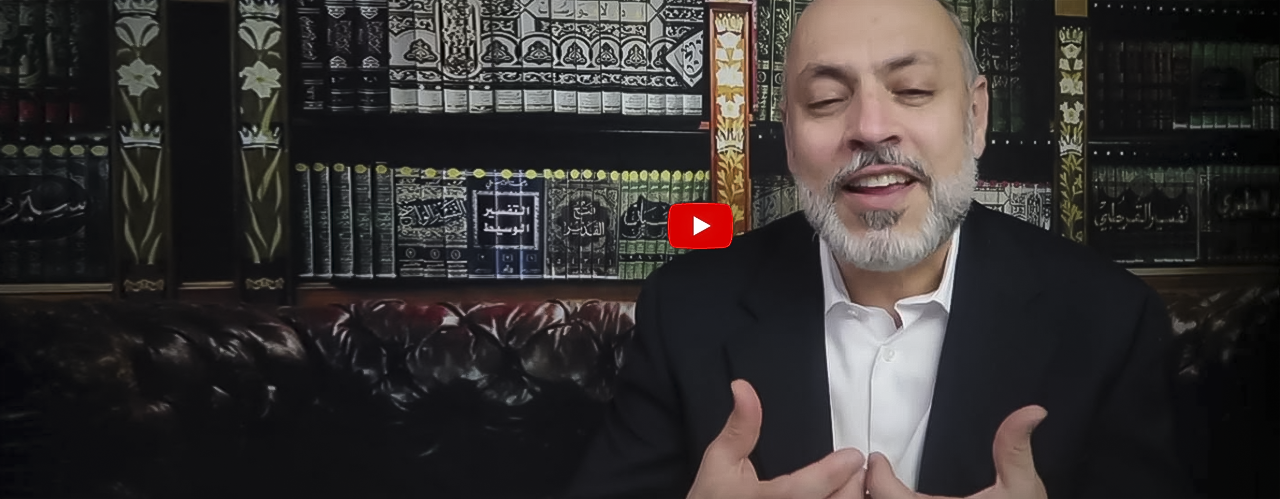Transcripts
Presentation at the Ottawa Police Service Annual Human Rights Learning Forum – December 08, 2022
Thanks so much to the facilitator today. I am sorry, I am off-site, so I couldn’t catch your name, but thanks a lot.
I will give you a high-level overview of the United for All Coalition.
So let me begin with the high-level historical context
It was 2016.
Hate crimes were on the rise in Ottawa.
Places of worship were attacked with graffiti and break in.
It was the US election year.
There was an increase in populist sentiment due to Trump’s becoming the president.
Early next year, we had the Quebec mosque incident.
That’s when the then-mayor Jim Watson, the then-chief Charles Bordeleau, Alex Munter, Yasir Naqvi, and Mark Suktliffe approached United Way, expecting an alliance of organizations would be in place for promoting diversity and addressing hate.
However, there was none. So we couldn’t proceed. That’s when I started working with Hamid Mousa and others to bring together all those working on anti-semitism, Islamophobia, anti-black racism, homophobia etc., together under one roof for collectively mutually reinforcing each other’s work.
Before I jump to what we have achieved as a result, let me pause and provide you with the rationale and facts as to why this work is significant both from the community/public safety and human rights perspectives.
In the US, top law enforcement officials have long declared violent hate crimes to be the “biggest domestic terror threat.” Hate movements have been declared a “motivating force behind domestic terrorism.”
Acting Secretary of the US Department of Homeland Security, Chad Fredrick Wolf, believes, such movements “pose a threat to the Homeland” and “anti-government/anti-authority violent extremism.”
Former Acting US Secretary, Department of Homeland Security, Kevin McAleenan, declared that the “racially and ethnically motivated vinyl extremists were the number one most persistent and lethal threat ….”
An joint intelligence bulletin from the FBI and the Department of Homeland Security (May 2017) found that the supremacist movement posed [a] “persistent threat of lethal violence.”
Hate-based ideologies and resultant violence are considered national security threats because it has killed more people in the US than any other form of extremism.
The same intense hatred in Canada is becoming a growing threat to national security. The associated risk factors set the conditions for a spark to turn a polarized environment into a national crisis at any time.
From the human rights perspective, European Union Agency for Fundamental Rights has declared that hate crimes infringe human rights. Similarly, Article 4 of the CERD prohibits the dissemination of racist ideas.
Therefore, we needed a preventative coalition of community service agencies besides law enforcement and intelligence to build community resilience.
Alright, fast forward to the steps we took to bring all key players together.
We started with an inventory of potential partners, their roles and a simple mapping exercise to determine the root cause. We concluded that the root cause for all the symptoms – from Anti-Semitism, Islamophobia and anti-black racism and others – is hatred, which begins with a lack of education, awareness, misinformation and misconceptions.
That realization helped us do a deeper dive into all related factors. It brought us to a shared vision for the collective to address the issue on the continuum from intolerance and hate all the way to extremism and violence.
Here is the structure of the Coalition, with the Coalition supported by a Rapid Response Committee and a Table of Champions. In the centre, you can see the two–pronged approach for prevention and intervention or law enforcement. I am often asked, why are the police here? What is the role of OPS?
Imagine a similar question to a health worker. Won’t it sound funny if he is asked about the role of a hospital or health department in the middle of a pandemic.
OPS has been a key partner not just from the enforcement perspective and the role of the hate crime unit but also in the community-building preventive work.
Please visit our website, unitedforall.ca, to check our action plan and progress and sign up for our newsletter to get updates on our upcoming activities.
Thanks to the planning team and the facilitator again for this opportunity.

